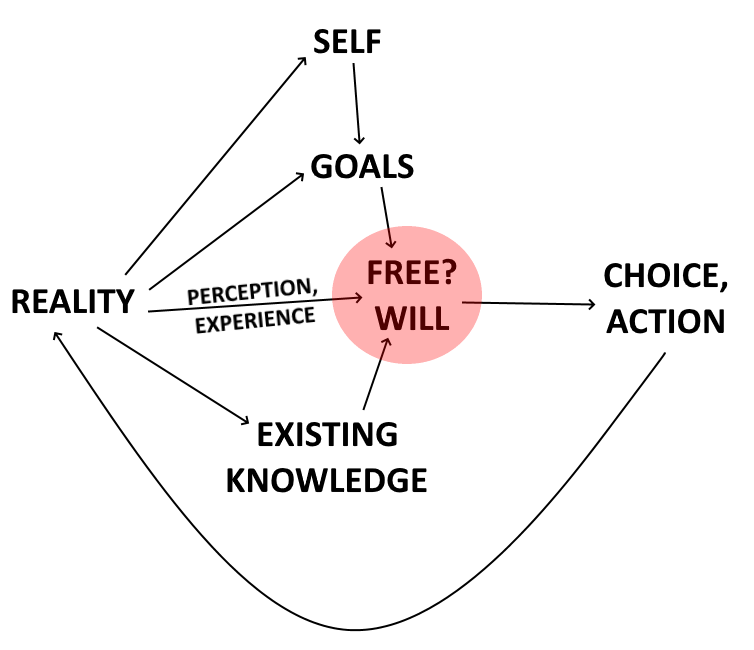Allah's Worlds Are Discovered
abracad, · Categories: externally authored, religion, science and spiritualityby Rabbi Allen S. Maller
Both the Hebrew Bible and the Qur'an teach that the One God created the whole universe to be conducive to the universal evolution of life. Recent astrophysical studies discover ever more evidence of the truth of this Biblical and Qur'anic view. (more…)

